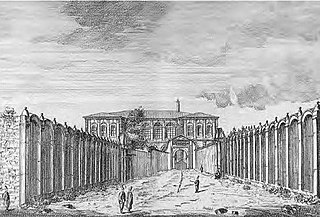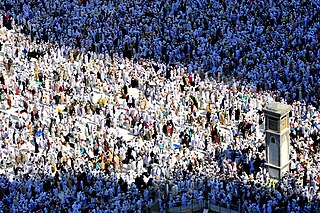This page is based on this
Wikipedia article Text is available under the
CC BY-SA 4.0 license; additional terms may apply.
Images, videos and audio are available under their respective licenses.
Mustafa Pasha may refer to:
Ibrahim Pasha may refer to the following Ottoman statesmen:
Suleiman Pasha may refer to one of the following persons:
Mehmed is the most common Turkish form of the Arabic name Muhammad (Arabic: محمد) and gains its significance from being the name of Muhammad, the prophet of Islam. Originally the intermediary vowels in the Arabic Muhammad were completed with an e in adoption to Turkish phonotactics, which spelled Mehemed, and the name lost the central e over time. Final devoicing of d to t is a regular process in Turkish. The prophet himself is referred to in Turkish using the archaic version, Muhammed.
Mehmed Pasha or Mehmet Pasha may refer to:
Hasan Pasha or Hassan Pasha may refer to:

The following outline is provided as an overview of and topical guide to the Ottoman Empire:
Baltacı Mehmet Pasha was an Ottoman statesman who served as grand vizier of the Ottoman Empire from 1704 to 1706, and as Kapudan Pasha in 1704.
Osmancıklı Koca Mehmed Nizamüddin Pasha was an Ottoman statesman who served as grand vizier of the Ottoman Empire from 1429 to 1438.
Tayyar Mehmet Pasha was an Ottoman grand vizier. His epithet Tayyar means "flying", referring to his speed in military operations.

Halil Hamid Pasha, also Halil Hamit Paşa (1736–1785) was the grand vizier of the Ottoman Empire from 31 December 1782 to 30 April 1785. He is the ancestor of Kemal Derviş. He was especially instrumental in inviting foreign experts, especially French ones, to the Ottoman Empire from 1784.
Abaza Siyavuş Pasha was a short term grand vizier of the Ottoman Empire who held the post during one of the most chaotic periods of the empire.
Nişancı Ahmed Pasha, also called Şehla Ahmed Pasha or Hacı Şehla Ahmed Pasha or Kör Vezir Ahmed Pasha, was an Ottoman Grand Vizier during the reign of Mahmud I. He was also the Ottoman governor of Egypt from 1748 to 1751.
Çalık Ali Pasha was an Ottoman statesman who served as grand vizier during the reign of Ahmed II.

Safranbolulu Izzet Mehmet Pasha was a grand vizier of the Ottoman Empire and served from 1794 to 1798.
Hasan Pasha, known by the epithets Uzun Hasan Pasha or Macar Hasan Pasha or Hacı Hasan Pasha or Kazıkçı Hasan Pasha, was an Ottoman statesman and admiral.
Halil Pasha was an Ottoman governor of Egypt.
Hacı Halil Pasha was an Ottoman Grand vizier. His ephitet Hacı means "pilgrim".
In the reign of Mustafa II, Daltaban Mustafa Pasha was an Ottoman statesman who served as Grand Vizier for four months and twenty days from 4 September 1702 till 24 January 1703.






